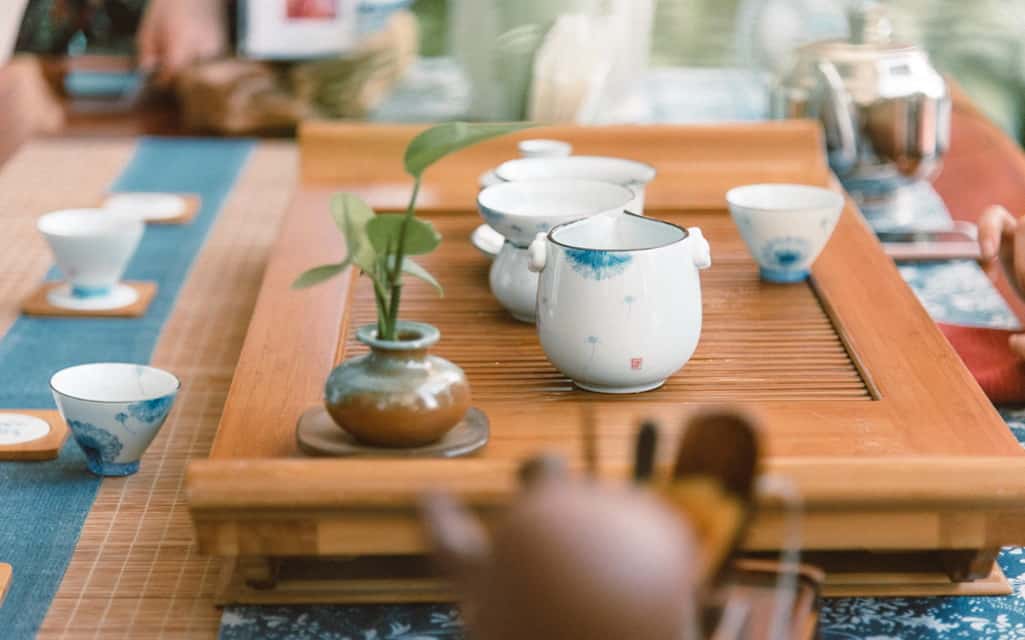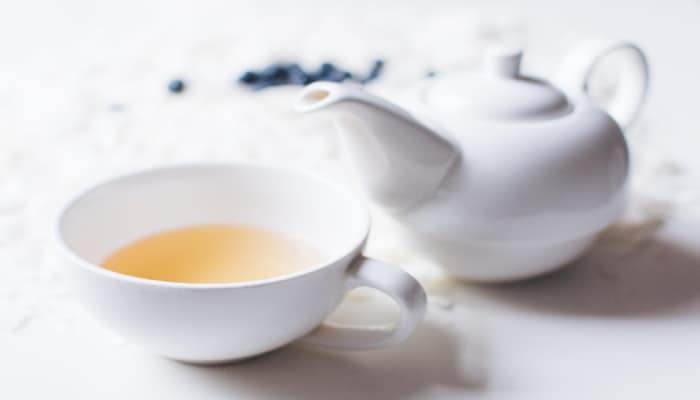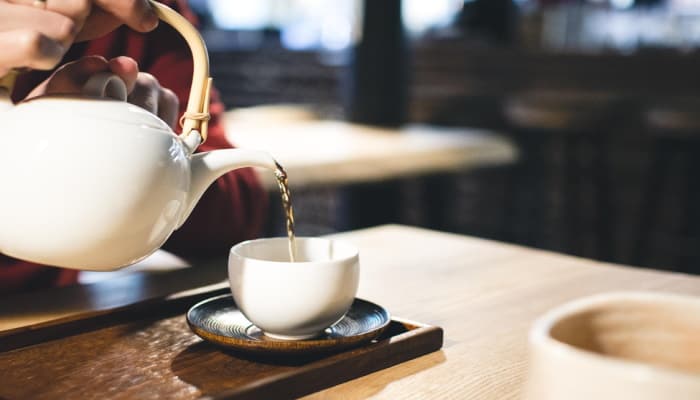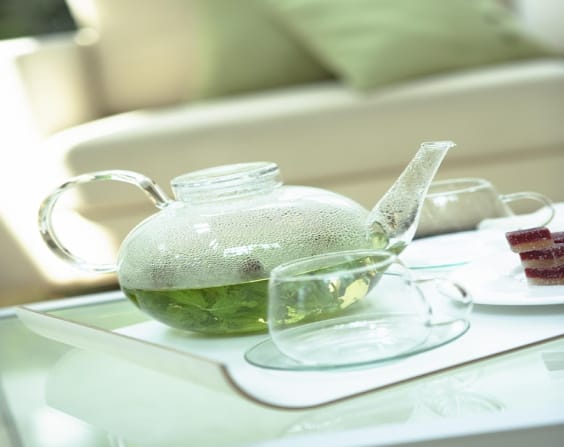When it comes to tea, China might be the first civilization which discovers and preserves the tradition of consuming this herbal indulgence from thousands of generations up to this modern day. The traditions are believed to have started since Song Dynasty (around 14th century) during the Gongfu tea ceremony and thus has become an integral part of Chinese tradition.
This practice of tea ceremony has been beneficial in enhancing people’s appreciation of art, nature, and chinese culture, apart from its obvious health benefits which we’ll cover in the later section of this article. So stay tuned.
CHINESE TEA DRINKING CULTURE
Basically tea is a beverage made from aromatic leaves of species Camellia sinensis, while the term Chinese tea literally refers to tea trees grown in mainland China’s plantation. During its early days, tea was only consumed by the royals and wealthy class because the price was considered expensive as a result of limited transportation and difficulty in the distribution process. It was at the time of King Hui from the Qin Kingdom ruled, tea was then widely spread and enjoyed by the Chinese common people.
When we talk about chinese tea, there are two things that chinese tea drinking culture is composed of: their distinct way of making tea, and how they enjoy their tea. So, how does making tea become such a great deal? Brewing Chinese tea is usually performed by tea-workers showcasing their hand movement in stirring up the tea mixture within the same intervals. This process is done with the goal of preserving the tea’s original fragrance and flavor.
Another important element of Chinese tea drinking culture is the fact that Chinese people cultivate sentiment through tea-tasting. Tea tasting is not merely for judging the quality of tea through color, fragrance and flavor, but also enhancing people’s appreciation of nature and the art of being present. Furthermore, Chinese people favor tea time as their way to socialize, to bond and to pull their interpersonal relation with their drinking mates together.
CHINESE TEA CLASSIFICATION AND BENEFITS
In China, people consume a wide variety of Chinese tea, some consume it for its healthy properties while others enjoy it for simple pleasure. Among broad options that are available in today’s market, Chinese tea can be classified into 4 major types: Green Tea, Oolong Tea, Black Tea, and White Tea. Each one of these types of tea embody certain unique features and benefits when consumed regularly.
Even though these four types of tea are pulled from the same tea tree species called Camellia sinensis, the distinguishing factor that causes specific coloration is the oxidation process. Black tea is fully oxidized, while oolong tea is partially oxidized. Green tea refers to non-fermented tea leaves, and lastly we have white tea whereas the leaves are just slightly fermented. With broad choices of tea types, first you’ll need to specify your needs and health goals. Since all of the teas originated from one particular tree species, they contain the same vitamins, minerals, antioxidants and other beneficial substances. The production process is what affects
Read More: Spilling the Tea: Hair Growth Secrets of Different Teas
the contents of these healthy properties. For example, black tea contains a higher amount of caffeine due to its oxidation process, thus it suits those who need energy booster and brain enhancer. As for green tea, the high concentration of polyphenols remains the same due to its minimal processing, thus it benefited people who were looking for antioxidant meals to be incorporated in their regime.
Lastly, after being convinced on the advantages of consuming these chinese wonders, the next question is where can I find the trusted seller? Worry not, I recommend purechinesetea.com as one stop online shopping specializing for the excellent quality of Chinese Tea. It offers a wide variety of tea, including black, white, green, oolong, flower blends, and many other types you can think of. Not to forget the website also sells authentic Chinese tea-ware to complete your Chinese Tea Drinking Experience.






